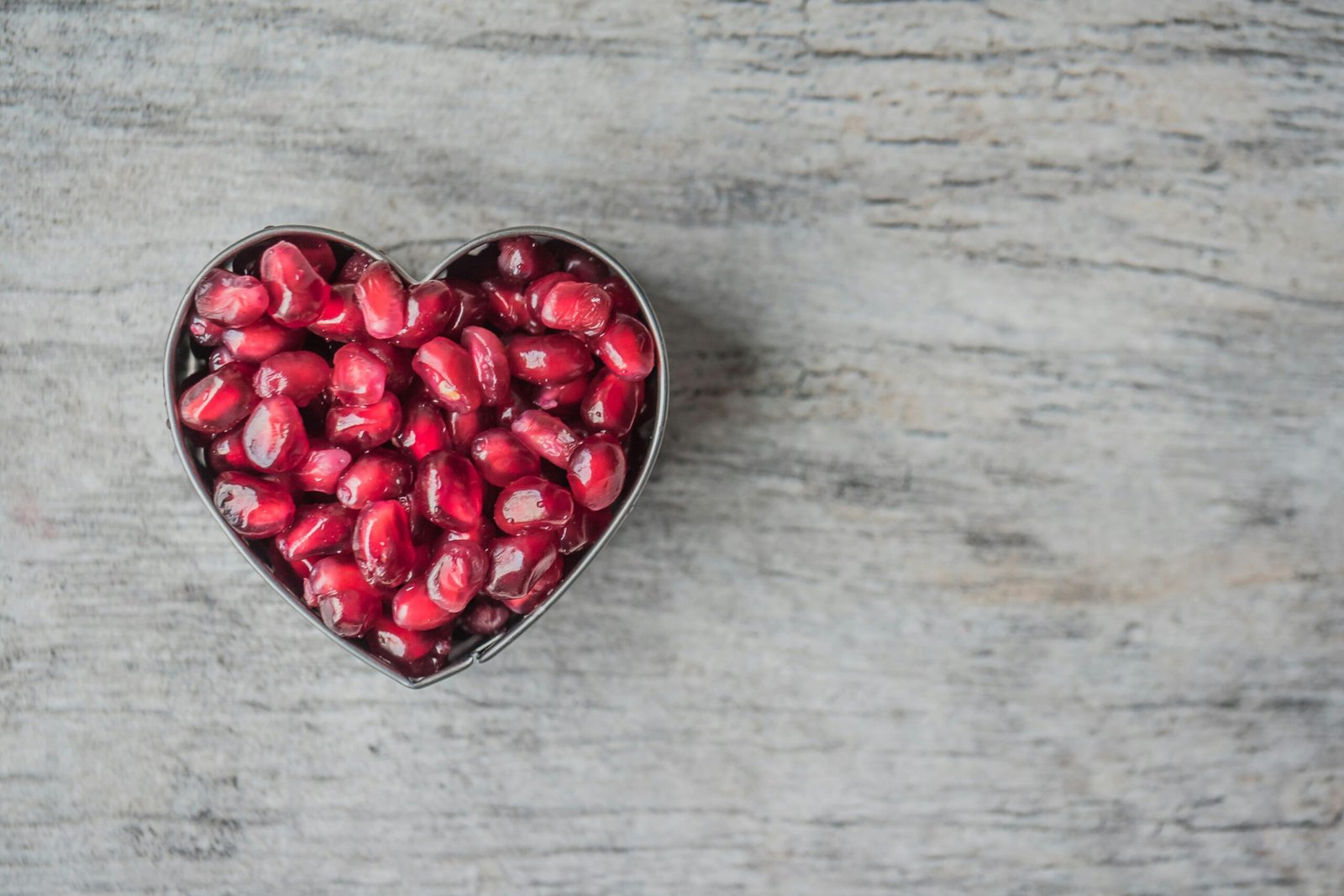Unlocking Heart Health: Crafting a Cholesterol-Controlling Diet
Effectively managing cholesterol levels is paramount for overall health and mitigating the risk of cardiovascular diseases. While cholesterol is essential for vital bodily functions, elevated levels, particularly of LDL (low-density lipoprotein) cholesterol, can lead to arterial plaque buildup, heightening the risk of heart disease and stroke. Adopting a balanced diet rich in heart-healthy foods can significantly contribute to controlling cholesterol levels. This guide delves into dietary strategies and specific foods beneficial for managing cholesterol and fostering cardiovascular wellness.
Understanding Cholesterol:
Cholesterol, a fatty substance resembling wax, is present in the bloodstream and cells, playing crucial roles in cell membrane construction, hormone production, and aiding digestion. Cholesterol travels in the bloodstream through lipoproteins, primarily LDL (“bad” cholesterol) and HDL (“good” cholesterol). Elevated LDL levels can result in arterial plaque formation, while HDL helps remove cholesterol from the bloodstream, reducing the risk of arterial blockages.
Key Dietary Strategies for Cholesterol Control:
- Prioritize Healthy Fats:
– Substitute saturated and trans fats with heart-healthy unsaturated fats, including monounsaturated and polyunsaturated fats.
– Incorporate sources of healthy fats like avocados, olive oil, nuts, seeds, and fatty fish such as salmon and trout.
– Limit saturated fats found in red meat, full-fat dairy products, and processed foods, as well as trans fats present in fried foods and commercially baked goods.
- Increase Fiber Consumption:
– Soluble fiber aids in lowering LDL cholesterol levels by binding to cholesterol in the digestive system and facilitating its elimination.
– Integrate fiber-rich foods such as whole grains, oats, barley, legumes, fruits, and vegetables into daily meals.
– Aim for a daily intake of 25-30 grams of fiber from a variety of sources to support heart health and maintain optimal cholesterol levels.
- Opt for Lean Protein Sources:
– Choose lean protein sources like poultry, fish, beans, lentils, and tofu over fatty cuts of meat.
– Fatty fish rich in omega-3 fatty acids, such as salmon, mackerel, and sardines, can aid in lowering triglycerides and reducing heart disease risk.
– Restrict intake of processed meats and high-fat cuts of beef, pork, and lamb, as they can elevate LDL cholesterol and overall cardiovascular risk.
- Incorporate Plant Sterols and Stanols:
– Plant sterols and stanols, naturally occurring compounds in plant foods, can impede cholesterol absorption in the intestine.
– Include foods fortified with plant sterols and stanols, such as certain margarines, orange juice, and yogurt, as part of a cholesterol-lowering diet.
– Consuming 2 grams of plant sterols or stanols daily can decrease LDL cholesterol levels by approximately 5-15%.
- Embrace Fruits and Vegetables:
– Fruits and vegetables are rich in essential nutrients, antioxidants, and fiber, making them integral to a cholesterol-lowering regimen.
– Strive to fill half of each plate with colorful fruits and vegetables to promote heart health and mitigate chronic disease risks.
– Berries, citrus fruits, leafy greens, cruciferous vegetables, and tomatoes are particularly beneficial for managing cholesterol due to their nutrient profiles and antioxidant properties.
Sample Daily Meal Plan for Cholesterol Control:
– Breakfast:
– Oatmeal topped with fresh berries and chopped nuts.
– Whole grain toast with mashed avocado.
– Green tea or black coffee.
– Snack:
– Greek yogurt with sliced fruits and a sprinkle of ground flaxseeds.
– Lunch:
– Grilled chicken salad with mixed greens, cherry tomatoes, cucumber, and chickpeas.
– Vegetable and lentil soup.
– Apple slices with almond butter.
– Snack:
– Carrot sticks with hummus.
– Dinner:
– Baked salmon served with steamed broccoli and quinoa.
– Spinach salad with assorted berries and walnuts.
– Herbal tea or infused water for hydration.
Proactively managing cholesterol through dietary choices is essential for safeguarding heart health and overall well-being. By embracing a balanced diet rich in whole foods, healthy fats, fiber, and plant-based nutrients, individuals can optimize cholesterol levels and support cardiovascular health. Alongside regular physical activity, maintaining a healthy weight, and abstaining from smoking, dietary modifications form a crucial component of a comprehensive approach to cholesterol control. Seeking guidance from healthcare professionals or registered dietitians can provide personalized recommendations for crafting an effective cholesterol-lowering plan tailored to individual health needs and objectives.




